A review of Durable Trades will be appearing in the April/May issue of Countryside & Small Stock Journal—definitely one of my all time favorite homesteading magazines!
Here is an excerpt:
Durable Trades landed on my desk as the Covid-19 pandemic turned one year old, with 25.7 million Americans still out of work.
Even relying on homesteading to help fill the gap between paychecks and access to quality food, many still need jobs away from flocks, herds, and gardens. Families still raising children worry that their kids can find profitable careers. And then there’s the issue of the family itself. When my children were young, their ages in the single digits, I struggled to put food on the table while still fulfilling all other facets of motherhood. I found quality time while teaching my children to farm and garden, but not everyone has that opportunity.
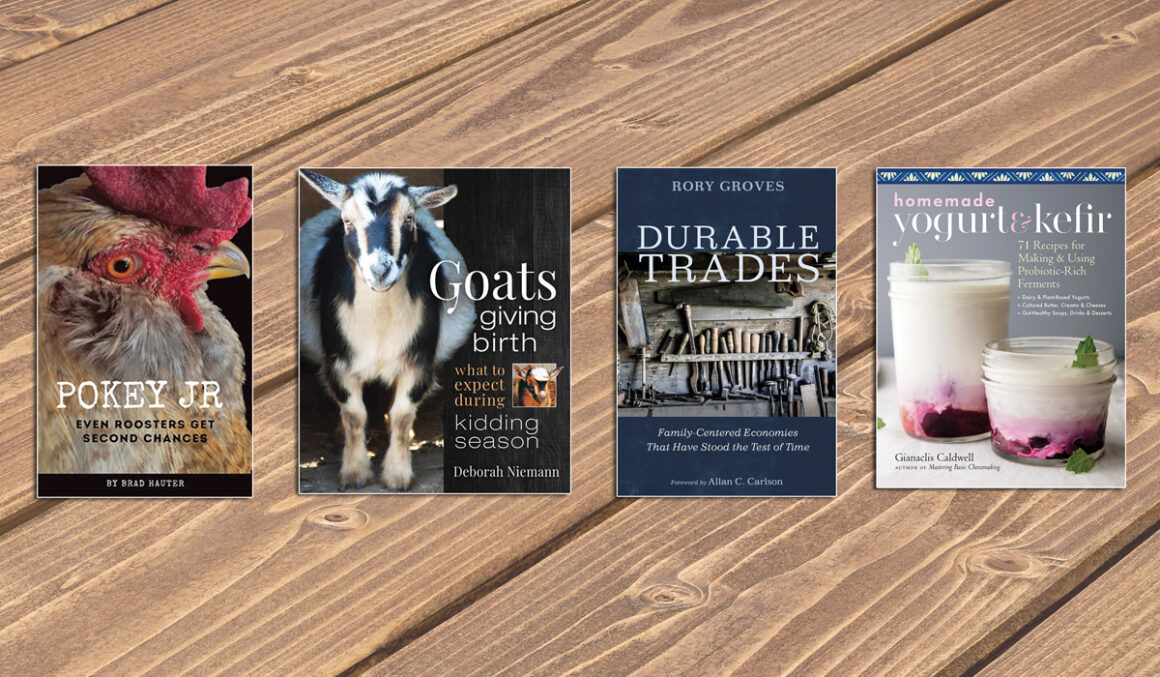
Rory Groves describes what my anthropologist husband also says: These times aren’t unprecedented. We’ve experienced a pandemic each century, for the past 300 years. Groves says in his Author’s Note, “But what astounds most is not the seriousness of the illness, but the fragility of the infrastructure on which our society depends — a central theme of this book.” A paragraph later, he says, “Resilient nations rely on resilient communities, which rely on resilient families.”










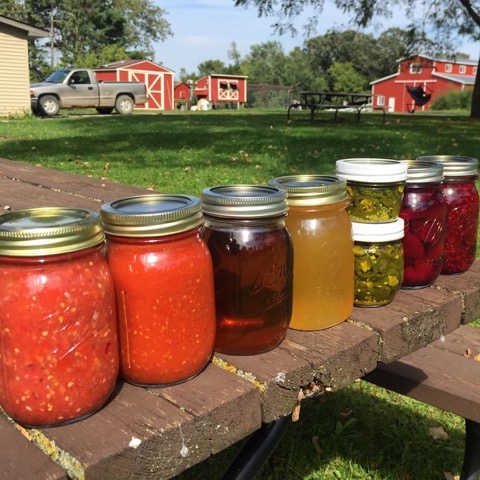


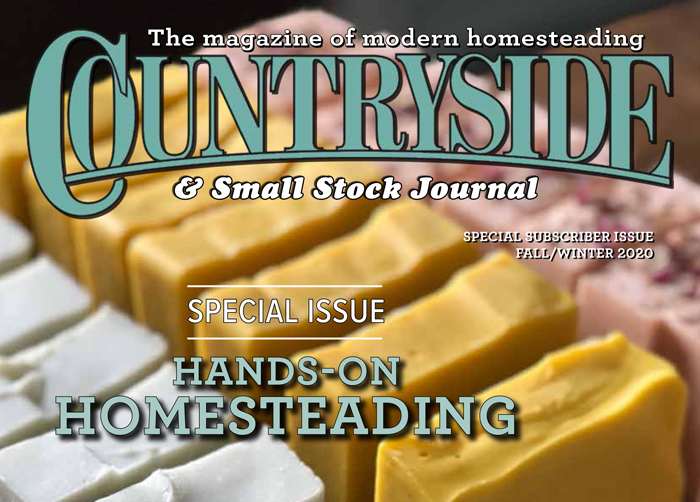
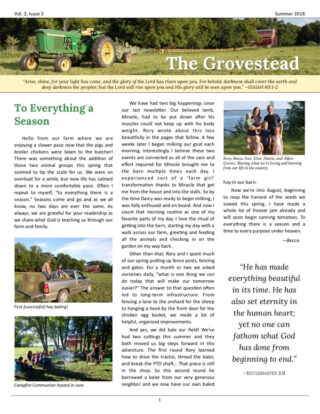

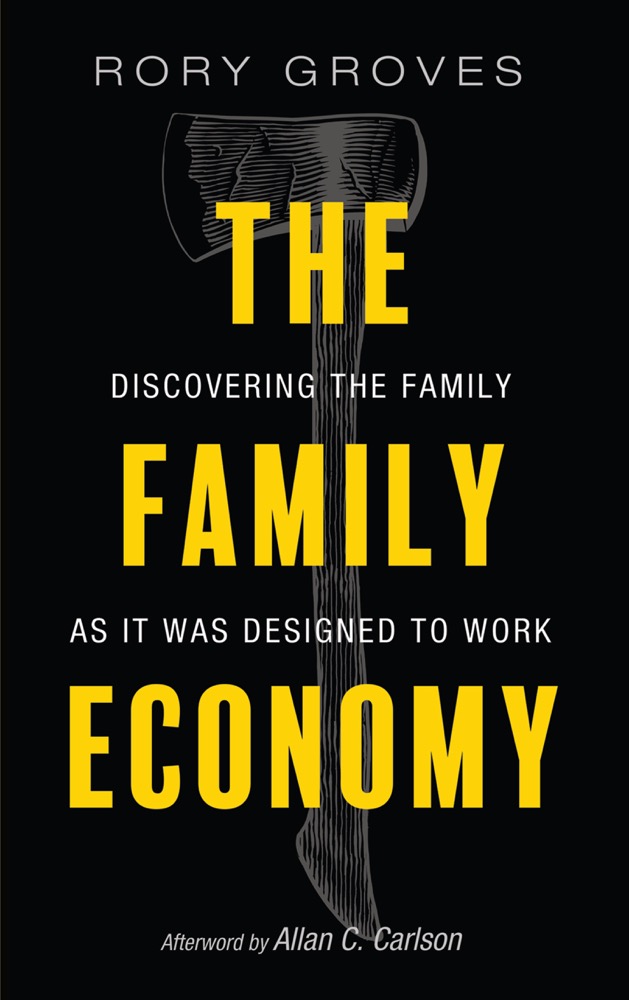
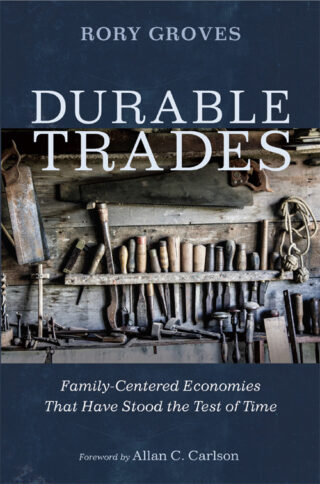





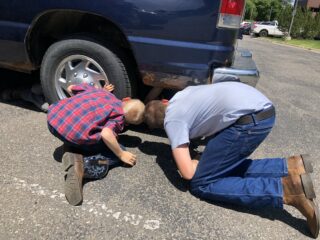
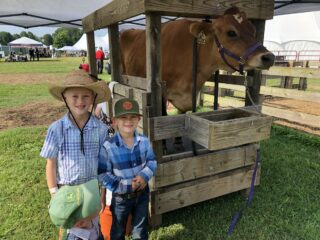

1 comment
I liked Country magazine’s review of Rory’s book, Durable Trades; especially the part that when Americans left family, faith, and farm, and deliberately went to the city to work in industries in factories, that’s when our culture changed to a money economy instead of family-economy, leaving the importance of family behind and connection to the land all but lost. What an eye-opener, from family-farm to the industrial age. I’ve heard it said, only 11% of our country is family farms.